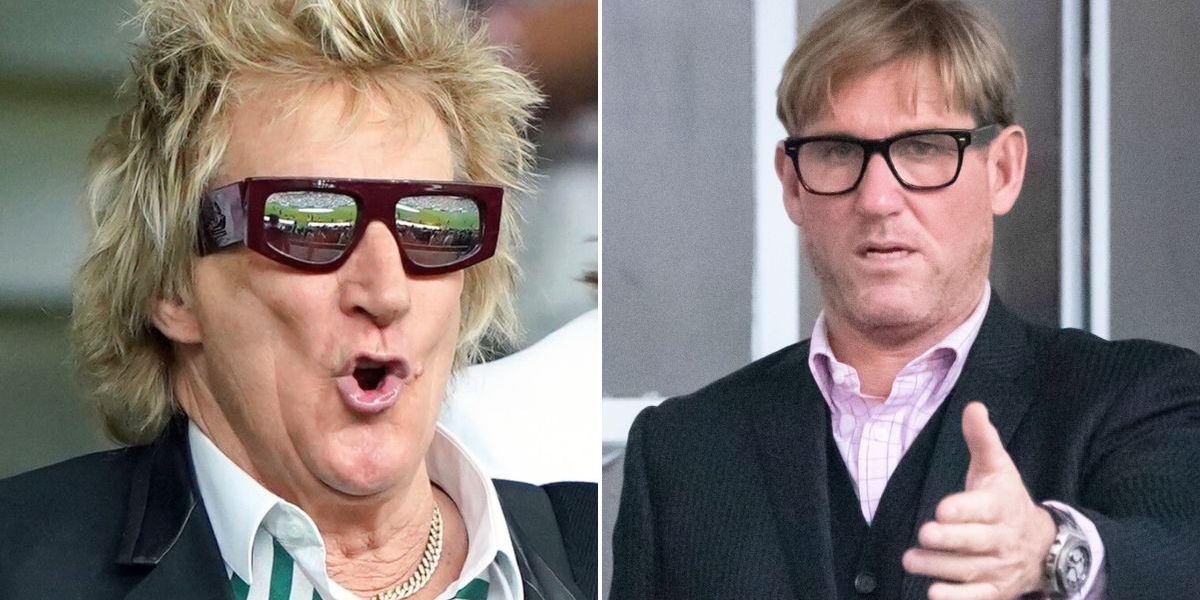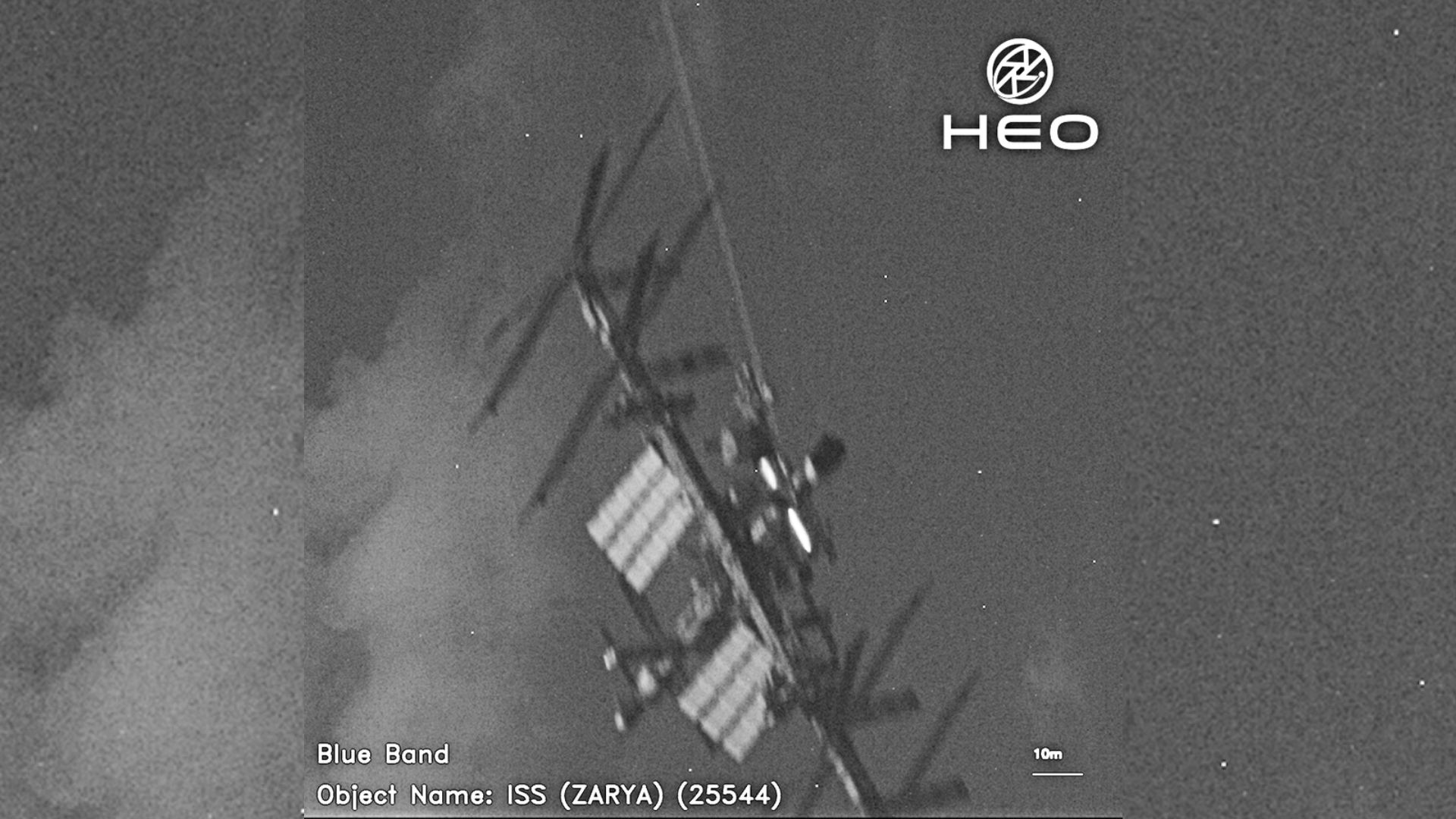Unlock the Editor’s Digest for free
Roula Khalaf, Editor of the FT, selects her favourite stories in this weekly newsletter.
Novo Nordisk is lowering prices of its weight loss drug Wegovy as it boosts sales volumes and responds to higher competition from US rival Eli Lilly, leading to lower than expected quarterly revenue from the blockbuster jab.
The company said it was now prescribing the drug to 25,000 new patients in the US per week, compared with 5,000 in December. Chief financial officer Karsten Munk Knudsen said prices were coming down as it faced intensifying competition from rivals like Lilly and sold higher volumes, after ramping up production to meet runaway demand.
“One of the drivers of pricing coming down is competition and the other is scaling of volumes,” Knudsen told the Financial Times. He added that the company would need to “work with [health systems] to maintain its “very attractive” market share.
His comments come as the Danish pharmaceutical company reported better than expected quarterly sales of DKr65bn ($9.3bn) on Thursday, up 24 per cent year on year at constant exchange rates. Net profits jumped 28 per cent to DKr25bn.
The drugmaker also raised its guidance and is now expecting sales to grow between 19 and 27 per cent in 2024. Operating profits are set to rise as much as 30 per cent, up from an upper limit of 29 per cent.
Sales of Wegovy more than doubled in its first quarter, to DKr9.4bn, but the result was lower than analysts expected, due to the decline in prices. Sales of its diabetes drugs offset that decline, helping the group deliver sales ahead of forecasts. But Knudson said the number of new Wegovy patients would need to keep increasing in order for Novo Nordisk to meet sales targets for the year.
Shares in the company fell 2.8 per cent at market open, on the back of the lower than expected Wegovy revenues, but recovered to trade down 0.6 per cent by early afternoon in Copenhagen.
Novo Nordisk has been investing heavily in manufacturing capacity to meet soaring demand for Wegovy and Ozempic, which treats diabetes. It said it would face “continued periodic supply constraints” on Thursday, but the increase in starter doses was a sign that those pressures were easing.
Lars Fruergaard Jørgensen, chief executive, said that the pace of new prescriptions was “approaching the peak seen last year”, before it cut back the release of starter doses in May due to supply constraints.
Pricing pressure is set to continue after senator Bernie Sanders launched a US Senate probe last week into “outrageously high prices” of its drugs in the country. The list price of Wegovy is $1,349 in the US, 14 times above the UK price, Sanders noted.
Asked if political pressure was a factor in falling prices, Knudsen said: “Too much of the conversation focuses around costs and too little on the value . . . in terms of clinical benefits for patients in reduction of blood glucose, weight and cardiovascular risk reduction”.
Knudsen declined to comment on the extent of price cuts, but said the US net price of Ozempic, the revenue received by Novo Nordisk, has declined by around 40 per cent since its launch in 2018.
Meanwhile Novo Nordisk has faced competition from rivals including Eli Lilly, the maker of Mounjaro and Zepbound drugs, which reported strong sales growth on Wednesday.
Novo Nordisk, however, retains more than half of the global market for GLP-1 treatments like Wegovy and Ozempic and 85 per cent global market share of obesity care, according to figures from data provider IQVIA cited by the company.
According to a Food and Drug Administration database tracking drug shortages, lower doses of Wegovy have limited availability at present but higher doses and Ozempic injections are in good supply.
Jørgensen said there was little evidence of patients switching to other drugs as it faced increased competition. “The number of patients seeking care is so significant that we don’t see a lot of switching.”
High demand for its drugs has driven Novo Nordisk to become the most valuable company in Europe, with shares up over 25 per cent this year, and its valuation rising to more than $570bn.

Robert Johnson is a UK-based business writer specializing in finance and entrepreneurship. With an eye for market trends and a keen interest in the corporate world, he offers readers valuable insights into business developments.








